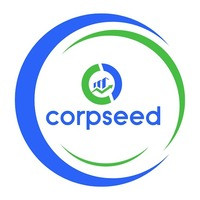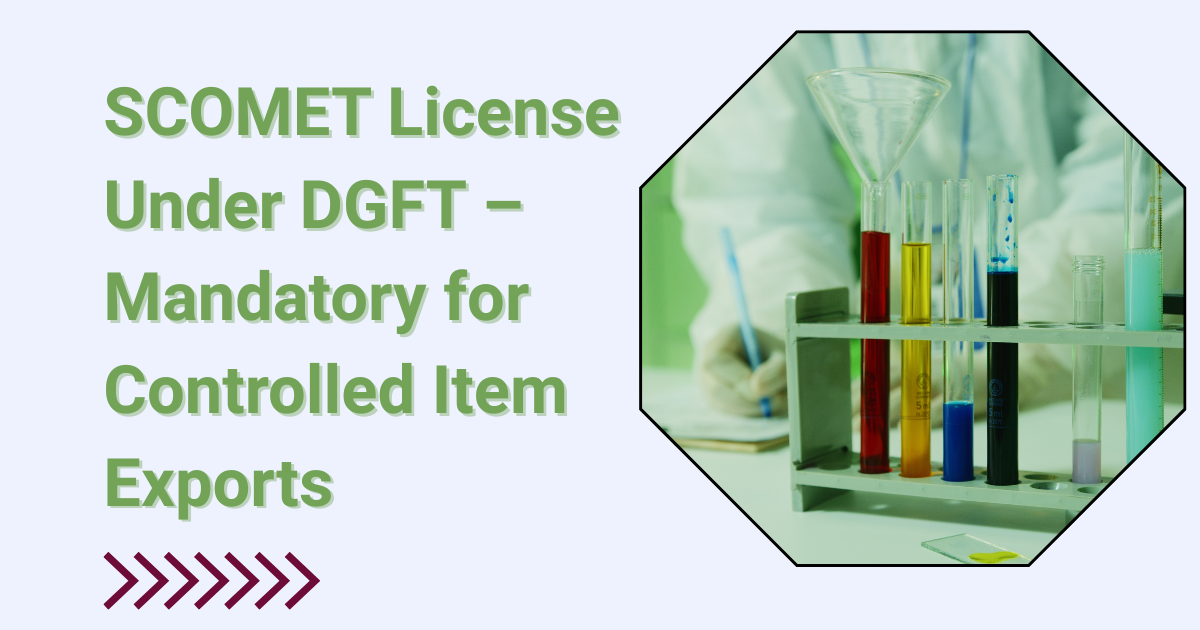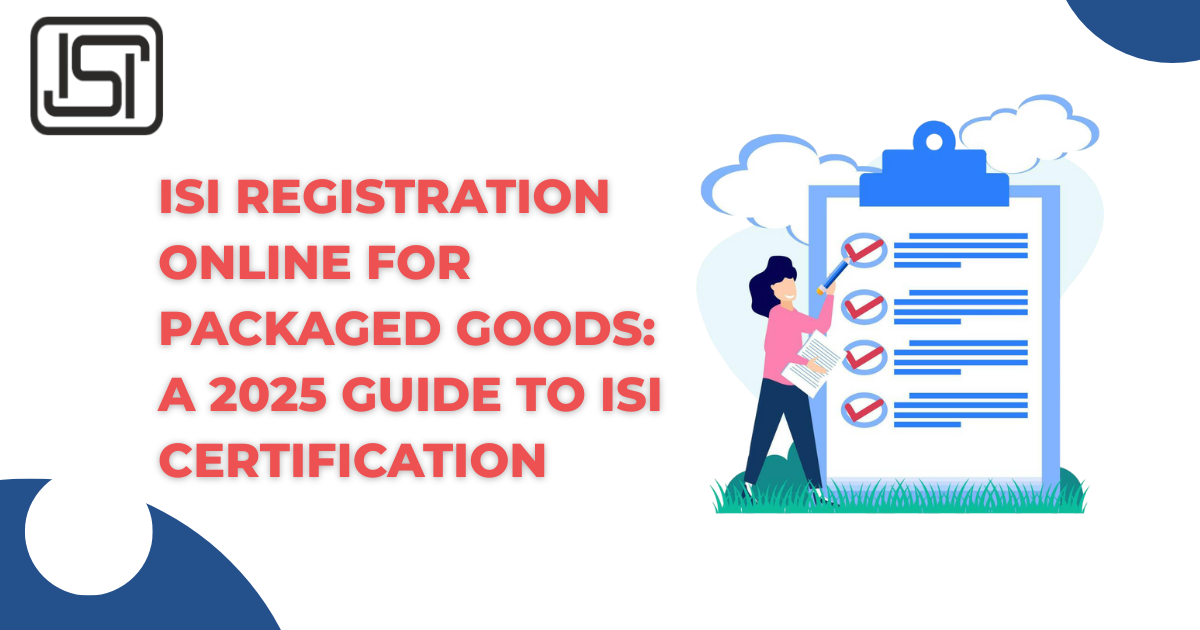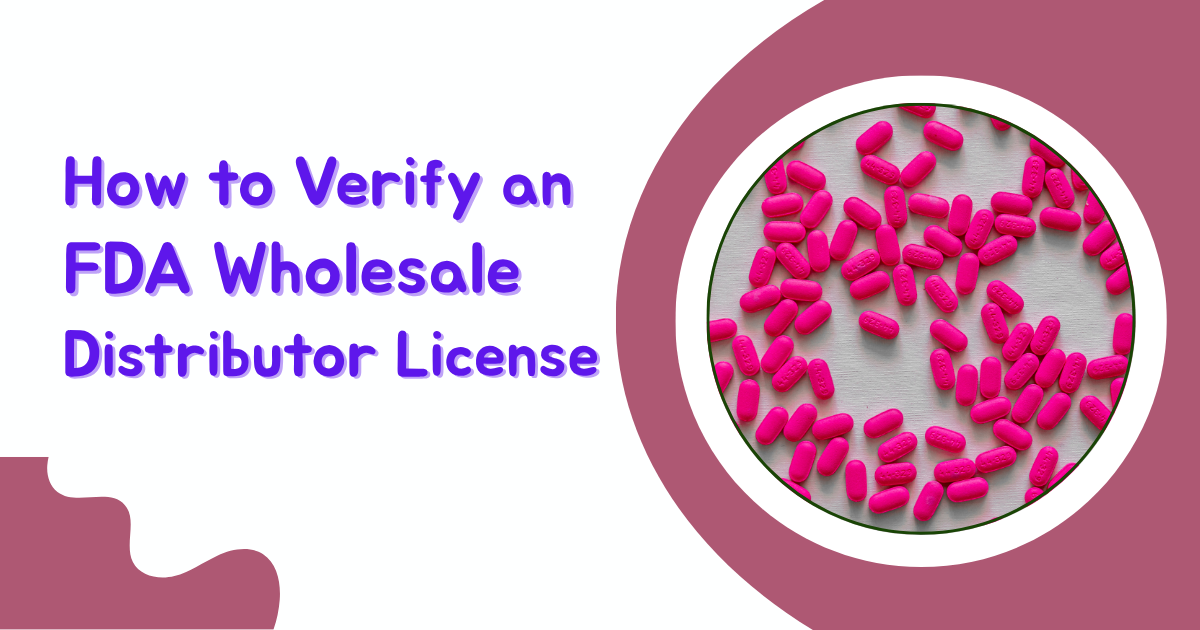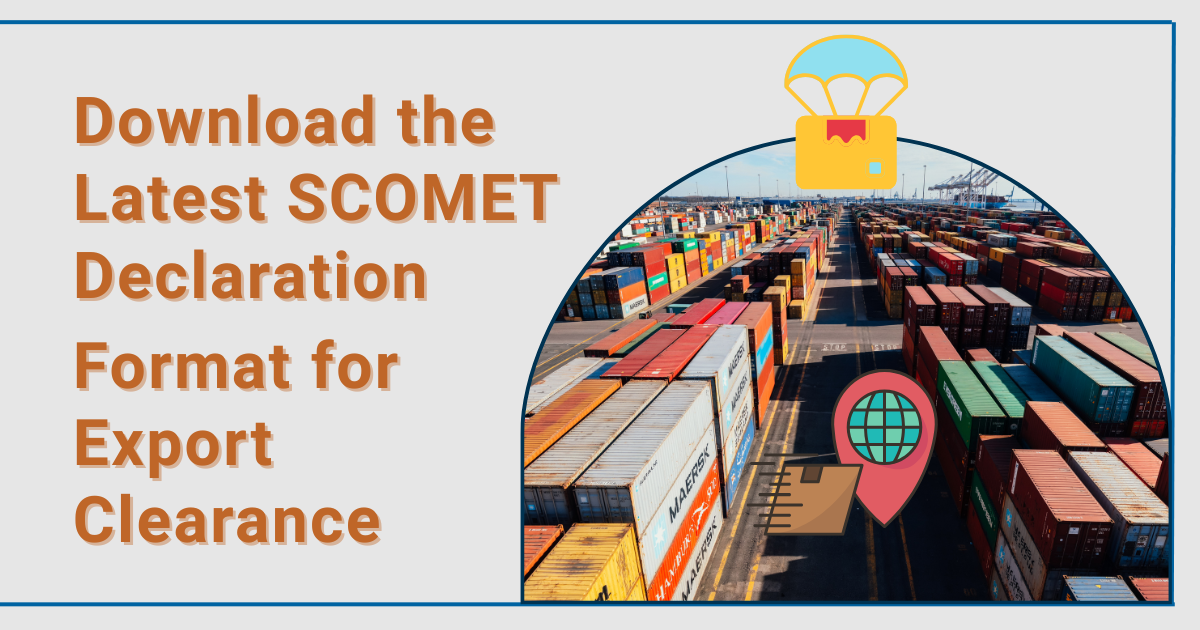The Power of Scomet: How to Harness Its Potential
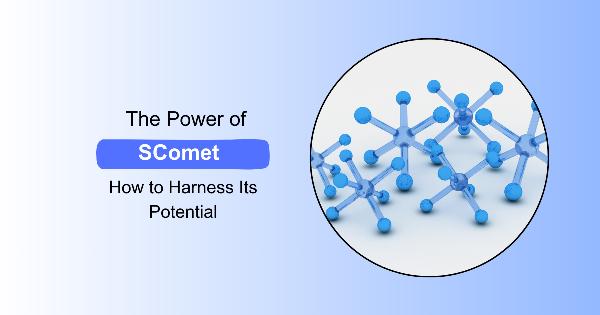
Strong8k brings an ultra-HD IPTV experience to your living room and your pocket.
In the world of international trade, navigating the regulations surrounding "dual-use" items can be complex. Scomet, an acronym for Special Chemicals, Organisms, Materials, Equipment, and Technology, represents a category of items in India that have both civilian and military applications. Understanding Scomet and its licensing process is crucial for businesses dealing with these products.
Why is Scomet Important?
SComet regulations aim to:
Prevent Proliferation: Ensure sensitive items aren't misused for weapons development or other harmful purposes.
Maintain National Security: Safeguard technologies that could potentially be used against national interests.
Facilitate Legitimate Trade: Allow for the smooth flow of goods for peaceful purposes while maintaining necessary controls.
Harnessing the Power of Scomet:
Getting a Scomet license is crucial for companies that import or export Scomet goods. Permission to trade these goods under strict control is provided by a Scomet license. Here's how to utilize Scomet to its full potential:
Identify Scomet Items: The first step is to determine if the items you're dealing with fall under the Scomet category. You can consult the Scomet list published by the Department of Chemicals and Petrochemicals (https://www.mea.gov.in/Portal/Images/SCOMET-List-2021.pdf).
Apply for a Scomet License: If your products are classified as Scomet, you'll need to apply for a license from the Directorate General of Foreign Trade (DGFT). The application process involves submitting various documents and paying a fee.
Benefits of a Scomet License:
Compliance and Credibility: Possessing a Scomet license demonstrates your commitment to legal and ethical trade practices.
Smoother Transactions: A license expedites customs clearance and avoids potential delays or disruptions.
Access to Opportunities: The license opens doors to new markets and facilitates business partnerships involving Scomet items.
The Scomet License Application Process:
Here's a simplified breakdown of the application process:
Gather Documentation: Prepare necessary documents like invoices, product descriptions, end-user certificates, and technical specifications.
DGFT Online Portal: Use the DGFT online portal to electronically submit your application. Application forms and comprehensive information are available on the DGFT website (https://www.dgft.gov.in/).
Scrutiny and Approval: Your application will be reviewed by the DGFT by established protocols and national security considerations.
License Issuance: Upon approval, you'll receive a Scomet license outlining authorized activities and specific conditions.
Essential Items Covered Under SComet
SCOMET, standing for Special Chemicals, Organisms, Materials, Equipment, and Technology, represents a category of items in India with the potential for both civilian and military applications. Understanding the types of items under Scomet is crucial for businesses involved in import or export to ensure compliance with regulations.
Categories of Scomet Items:
The Scomet list is categorized into five main groups, each containing specific items requiring licensing for international trade. Here's a breakdown of the essential items under each category:
Category 1: Toxic Chemical Agents and Other Chemicals:
Nerve agents
Blister agents
Choking agents
Riot control agents
Precursor chemicals for these agents
Toxic industrial chemicals
Category 2: Microorganisms and Toxins:
Bacteria, viruses, and other biological agents with potential for biological warfare
Toxins derived from organisms like bacteria and fungi
Category 3: Materials, Material Processing Equipment and Related Technologies:
Nuclear materials (fissile materials, uranium, plutonium)
Related processing equipment and technologies
Final Thought:
Businesses can navigate the trade of sensitive items while adhering to national security protocols by understanding Scomet regulations. You can open up new trade opportunities and show that you are committed to ethical business practices by obtaining a Scomet license. Recall that seeking advice from industry professionals can guarantee a successful and efficient licensing procedure.
Note: IndiBlogHub features both user-submitted and editorial content. We do not verify third-party contributions. Read our Disclaimer and Privacy Policyfor details.

